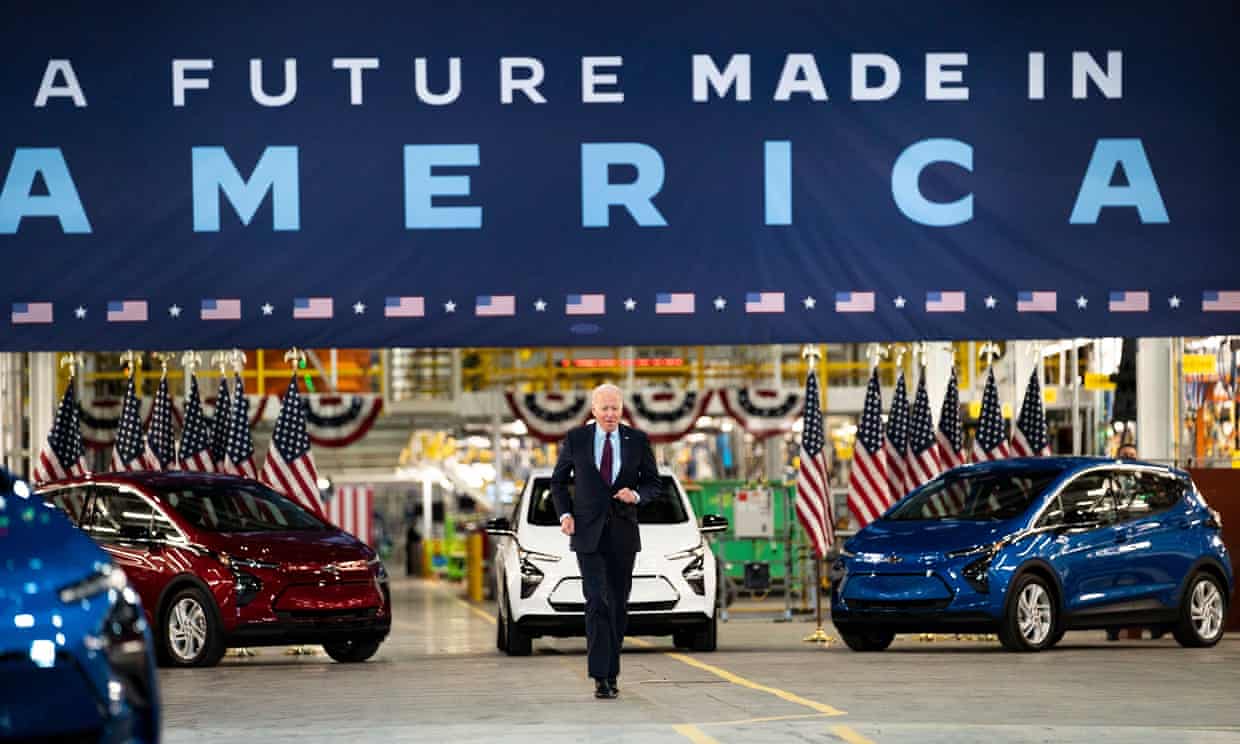The New Fossil Fuel: Lithium
Economics

0
The electric car market is growing faster than ever, and the most important component of electric cars is their lithium-ion batteries. As the name suggests, the main material of these batteries is lithium. However, lithium is only mined in specific areas of the world - China, Australia, and Chile take up 90% of the share. As a result, governments are putting a lot of effort into finding new lithium mines, like the lithium triangle in South America. In the lithium triangle, lithium is easier to mine as it is not located deep, and famous tourist attractions in this area like the Uyuni Salt Flat are expected to store significant amounts of lithium. When these opportunities are available, Korean battery companies must create one on one partnerships and investments so that their production remains stable.
Korea is a country that completely relies on imports of lithium. Although Korean companies in general are considered to have one of the strongest technologies in the market, the lack of natural resources has always been a problem for decades. This is not an exception for the battery industry, especially when lithium mines are not evenly distributed across the world. Furthermore, unlike other imported materials like natural gas and steel, processing lithium does not happen in Korea due to environmental impacts. This gives a heavier burden to Korean battery companies as they have to deal with the additional costs of processing lithium. Therefore, having a stable lithium supply chain through partnerships and investments with lithium mines is essential for ensuring that the export of batteries continues.
In addition, lithium prices have a high risk of fluctuation. Although the demand for lithium is rapidly growing, it is a relatively new and rare natural resource to be introduced to the global market. As a result, the price of lithium is more exposed to changes in the economy. For instance, during the COVID-19 pandemic, lithium prices increased from 50,000 Yuan per metric ton to 600,000 Yuan per metric ton. Although this was the trend across all natural resources, the rate of increase for lithium was significantly higher than other metals. If the lithium price goes out of hand, countries that have lithium mines will try to extract the most benefit by selling them in small amounts but at expensive prices. On the other hand, if battery companies have close relationships with the lithium mines or partially own them, the price of imported lithium will not fluctuate as much, thus ensuring that the price of the batteries stays reasonable.
Some countries are trying to weaponize lithium like how countries in the Middle East do with fossil fuels. Nations like Saudi Arabia, the UAE, and Qatar are included in OPEC, an organization that determines oil production and distribution. With this organization, the countries with fossil fuel can gain immense economic benefits while others have no choice but to follow its decisions. Like this, South American countries that are included in the lithium triangle are planning to create their own version of OPEC as lithium is slowly replacing the demand for fossil fuels. Also, South American countries like Chile are trying to nationalize lithium mining companies so that the lithium mining industry is supervised by the government. If the production of lithium is strictly controlled by governments and organizations, battery companies will lose their influence over lithium production, which would harm the battery industry. Making connections with lithium mines before these kinds of moves occur is the way to have a sustainable lithium supply chain.
With the global net zero movements to reduce fossil fuel usage, lithium and the batteries created with it will become the most important resource for the future. Although battery companies seem to have a bright future ahead, the biggest variable that they must control is the availability of lithium, especially if they completely rely on imported lithium. By increasing their influence in the lithium market with partnerships and investments, battery companies will become more significant in the global economy than ever.
2023/03/11

Share
Juan Lim
Economics

Robinson Review Favorites
Songi Chai, Yubin Cho, Seohyun Jang..
Trending on Robinson Review
Contact Us





